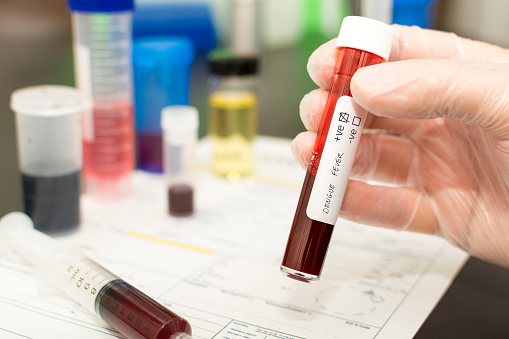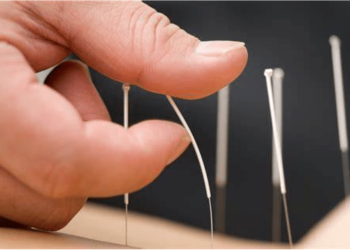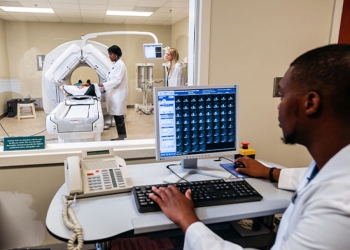As the number of dengue infections in the national capital surpassed 1,500, Union health minister Mansukh Mandaviya assessed the situation on Monday, ordering staff to increase testing to ensure that all cases are recorded and treated appropriately. According to official data, the vector-borne sickness caused 1,537 cases and six deaths in Delhi between October 1 and October 30.
“Antipyretic medicines may be prescribed by primary healthcare centres to suppress symptoms without addressing the underlying cause, which may lead to the patient’s death.” “Because testing is the most critical step in diagnosing dengue, these deaths will not be reported, and the disease will continue to be under-reported,” Mandaviya stated during the assessment. While many impoverished individuals may be infected by dengue, the minister pointed out that many of them may not be properly diagnosed, and their deaths are likely to go unrecorded.
Union Ministry of Education Launched Ek Bharat Shreshtha Bharat Quiz App
In terms of the number of cases, the last two weeks have been particularly bad, and it appears that a combination of strains—dengue 1 and 2–is common. The disease’s prognosis is mostly determined by when it is discovered, as well as if you are properly hydrated and have your vital signs, such as blood count and liver function, under control. Necessary steps have been taken for precautions and the safety of the people. Rigorous dengue testing is one such step. To ensure that there is not a widespread outbreak of such deadly disease, the Union Health Minister has considered continuous testing an important and precautionary measure.
The Union health minister pledged his entire cooperation to Delhi in combating and managing the vector-borne virus. The Union health minister also emphasized the importance of good cooperation between the federal government and state governments, saying that health ministry staff will work with their Delhi counterparts to develop a clear action plan to battle the rising dengue fever cases.























